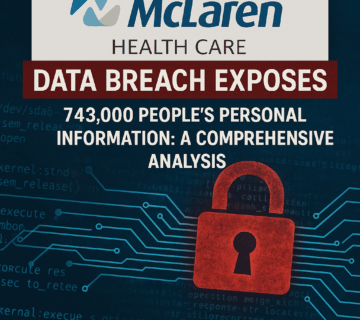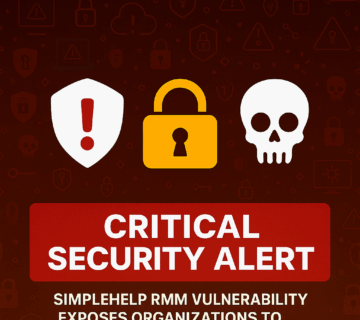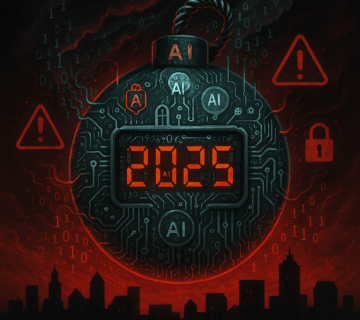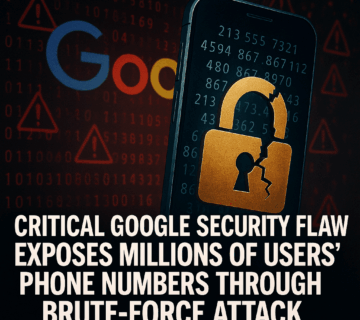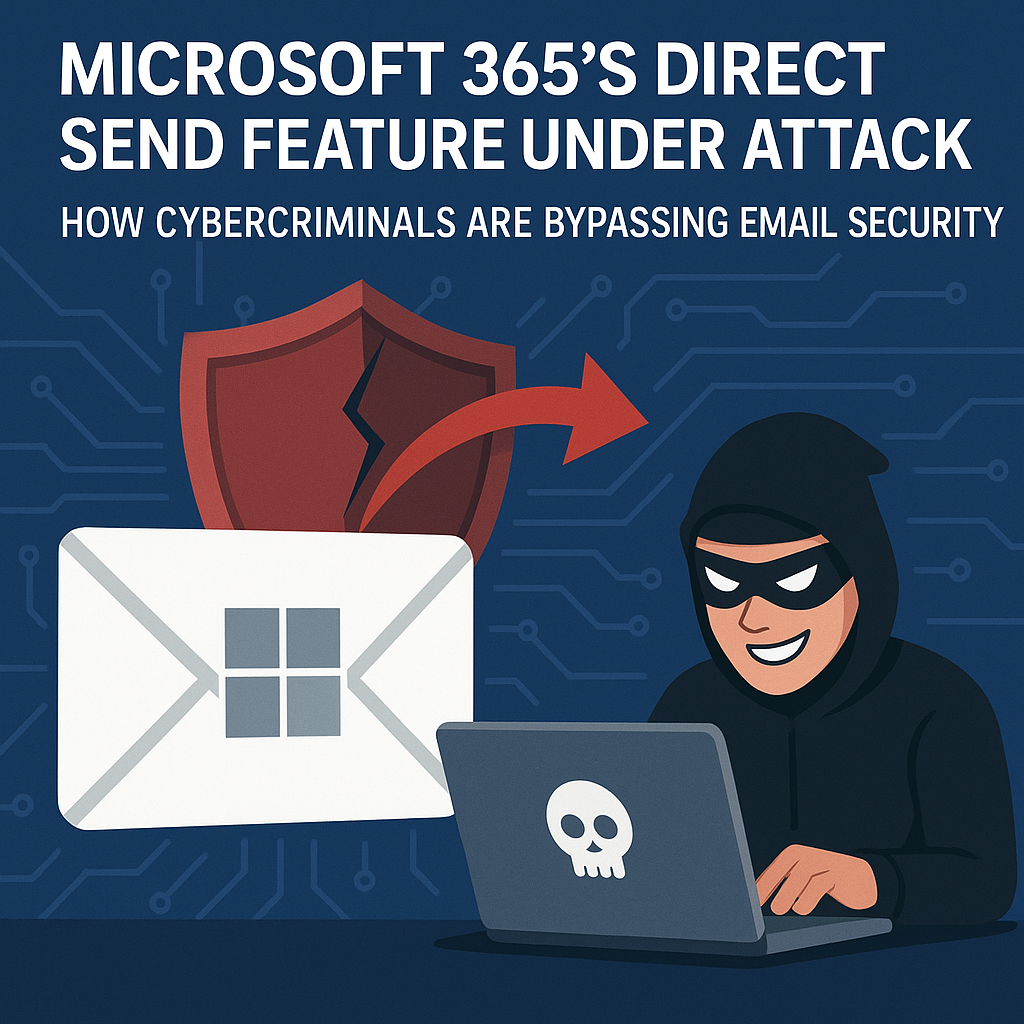
Microsoft 365’s Direct Send Feature Under Attack: How Cybercriminals Are Bypassing Email Security
exposes a significant vulnerability within Microsoft 365's Direct Send feature, explaining how it allows cybercriminals to bypass email security by impersonating internal users. This sophisticated phishing campaign leverages the feature's lack of authentication, enabling attackers to send malicious emails that appear to originate from within an organization, even without compromising any accounts. The article details the technical aspects of the exploit, including the use of PowerShell commands and specific indicators of compromise. Finally, it outlines critical mitigation strategies for organizations, emphasizing enhanced monitoring and advanced email security solutions to combat this difficult-to-detect threat. ... Read More
